Two-speed Europe? Green investment gaps raise concerns
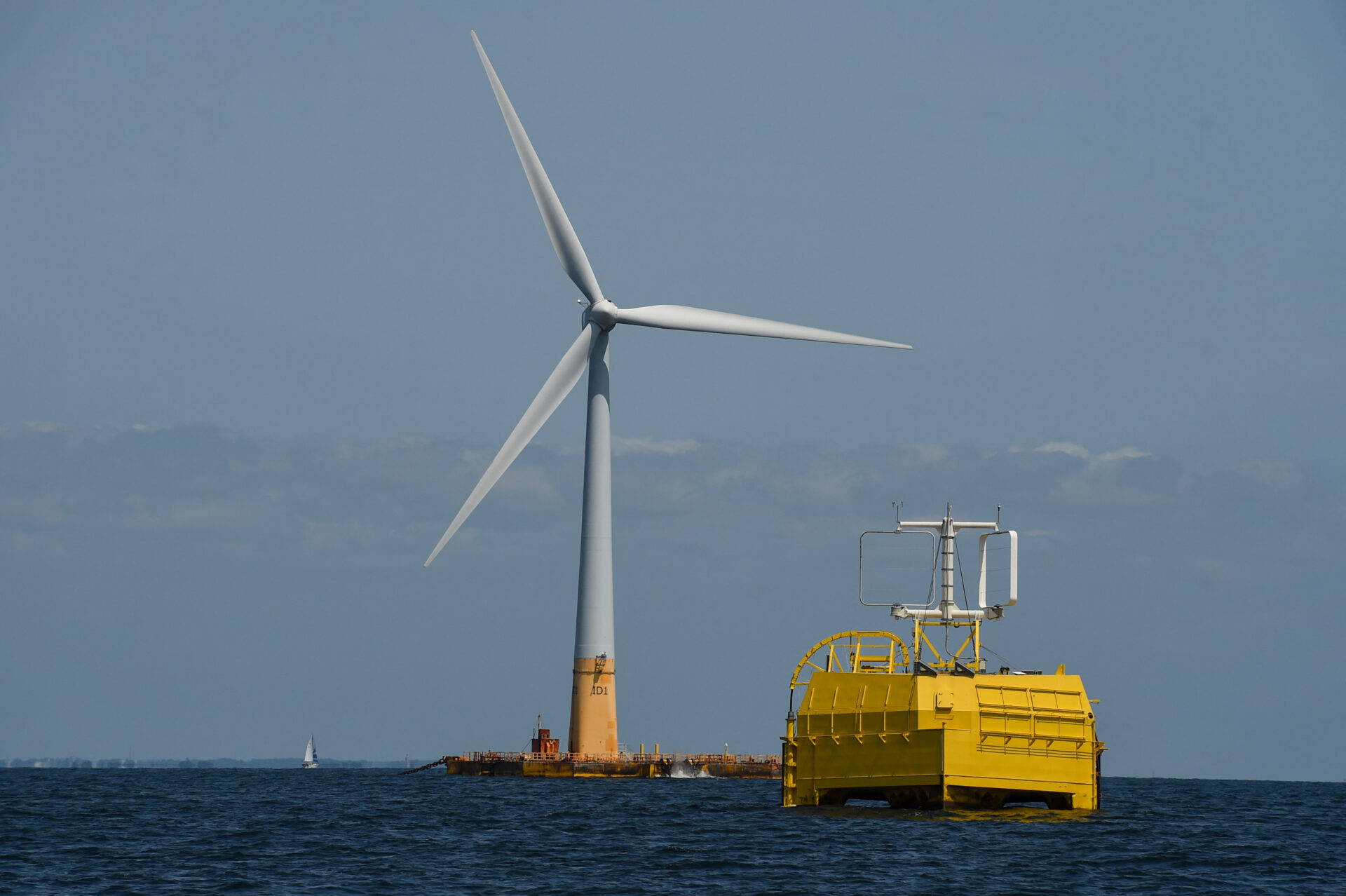
The EU is losing ground in the production of green technologies, sparking fears over how this will impact the bloc’s emissions targets and its global competitiveness.
The European Commissioner for Startups, Research and Innovation, Ekaterina Zaharieva sounded the alarm at the EU Energy Summit on April 7.
“Our manufacturing capacity in key technologies is lagging behind other competitors and is far from what we need to achieve our climate and decarbonisation ambitions,” the Bulgarian politician stressed.
EU companies are exposed to higher production costs and supply chain dependencies on specific components or raw materials, according to a progress report on competitiveness of clean energy technologies published by the Commission. High energy prices and labour shortages are also problems, it said in the report.
Zaharieva said that the EU’s starting point was good after “decades of stable investment”, pointing to the fact that the Union accounts for 22 percent of green technology patents despite having only 5 percent of the world’s population.
Public investment levels have grown but are still not where they need to be and “we’re not doing so well when it comes to private investment”, she added.
A Fragmented Effort?
There are also concerns about a two-speed Europe in terms of investment. Germany and France together account for 45 percent of net-zero investment, according to a report published last year by the pan-European think tank Strategic Perspectives. Spain followed as the third-largest investor, pouring around 28.06 billion Euro into the sector in 2023, three times more than in 2019. In the report recommendations were made that the EU should act as a bloc to avoid losing ground to China and the United States.
Other EU countries are also taking steps in the area.
In Bulgaria, Energy Minister Zhecho Stankov is confident that the country has the potential to be a regional leader in green energy production.
A Centre of Excellence for renewable hydrogen production will be established in the city of Stara Zagora with the purpose to promote the development of innovative technology for clean hydrogen production and use. The project is funded with 15 million Euro under the Horizon Europe Programme and national co-financing.
Commissioner Zaharieva said Stara Zagora will become a so-called hydrogen valley (a place that brings together clean hydrogen production, storage of hydrogen and distribution to end-uses) in Europe. It will produce 500 tons of hydrogen annually, creating jobs, developing abilities and attracting quality investment.
In 2023, the Slovenian government decided to invest more than 200 million Euro over the next five years in the domestic automotive supply industry to support the development of breakthrough technologies for electrification of mobility and cutting emissions in the automotive sector.
How green investments can boost economies
Some political leaders highlight the benefits of such investments. United Nations Secretary-General Antonio Guterres said that “renewables are renewing economies”.
“They are powering growth, creating jobs, lowering energy bills and cleaning our air. And every day, they become an even smarter investment,” he added in remarks at a climate conference in Berlin last month.
The renewable energy and heat pump sectors, for example, make up 168,050 jobs in Spain and 150,030 in France.
The meeting’s host, Germany’s outgoing Foreign Minister Annalena Baerbock, also pushed back against the idea that climate protection is economically burdensome, dubbing it an “old prejudice”.
“We all know that there are spoilers in the world right now who want to prevent” greater climate investments, she said. “Today climate protection and economic growth no longer contradict one another.”
Baerbock continued: “Climate protection opens up huge economic opportunities, and we as Europeans want to seize them.”
Europe especially wanted to work with “companies and countries in Latin America, Africa and other regions around the world”, she added.
“If others, such as the United States, decide to stay out of it, that is their decision.”
The EU’s Clean Industrial Deal
The EU wants to address the situation by supporting increased investment in green technologies as part of its Clean Industrial Deal launched in February.
It aims to mobilise over 100 billion Euro to support EU-made clean manufacturing. The deal also reinforces the EU’s commitment to reducing emissions by 90 percent by 2040 and includes measures such as streamlining permits for wind farms and other infrastructure projects, as well as adjusting public procurement policies to prioritise European-made clean technologies.
However, it has come under fire from environmental groups. “With the deregulation push and no concrete plan to mobilise genuine additional finance, there’s little to turn ambition into action,” said Chiara Martinelli, Director at Climate Action Network Europe, when the deal was announced. “The only real urgency in the deal seems to be weakening the reporting rules, not ensuring companies contribute to a fair, competitive and climate-proof economy.“
Meanwhile, the annual European State of the Climate report released on Tuesday by the Copernicus Climate Change Service and the World Meteorological Organisation (WMO) shows the stark situation in Europe. Storms were often severe and flooding widespread, claiming at least 335 lives and affecting an estimated 413,000 people.
“This report highlights that Europe is the fastest-warming continent and is experiencing serious impacts from extreme weather and climate change,” WMO Secretary-General Celeste Saulo said in a statement. “Every additional fraction of a degree of temperature rise matters because it accentuates the risks to our lives, to economies and to the planet.”
This article is published twice a week. The content is based on news by agencies participating in the enr.
What's Your Reaction?
 Like
0
Like
0
 Dislike
0
Dislike
0
 Love
0
Love
0
 Funny
0
Funny
0
 Angry
0
Angry
0
 Sad
0
Sad
0
 Wow
0
Wow
0








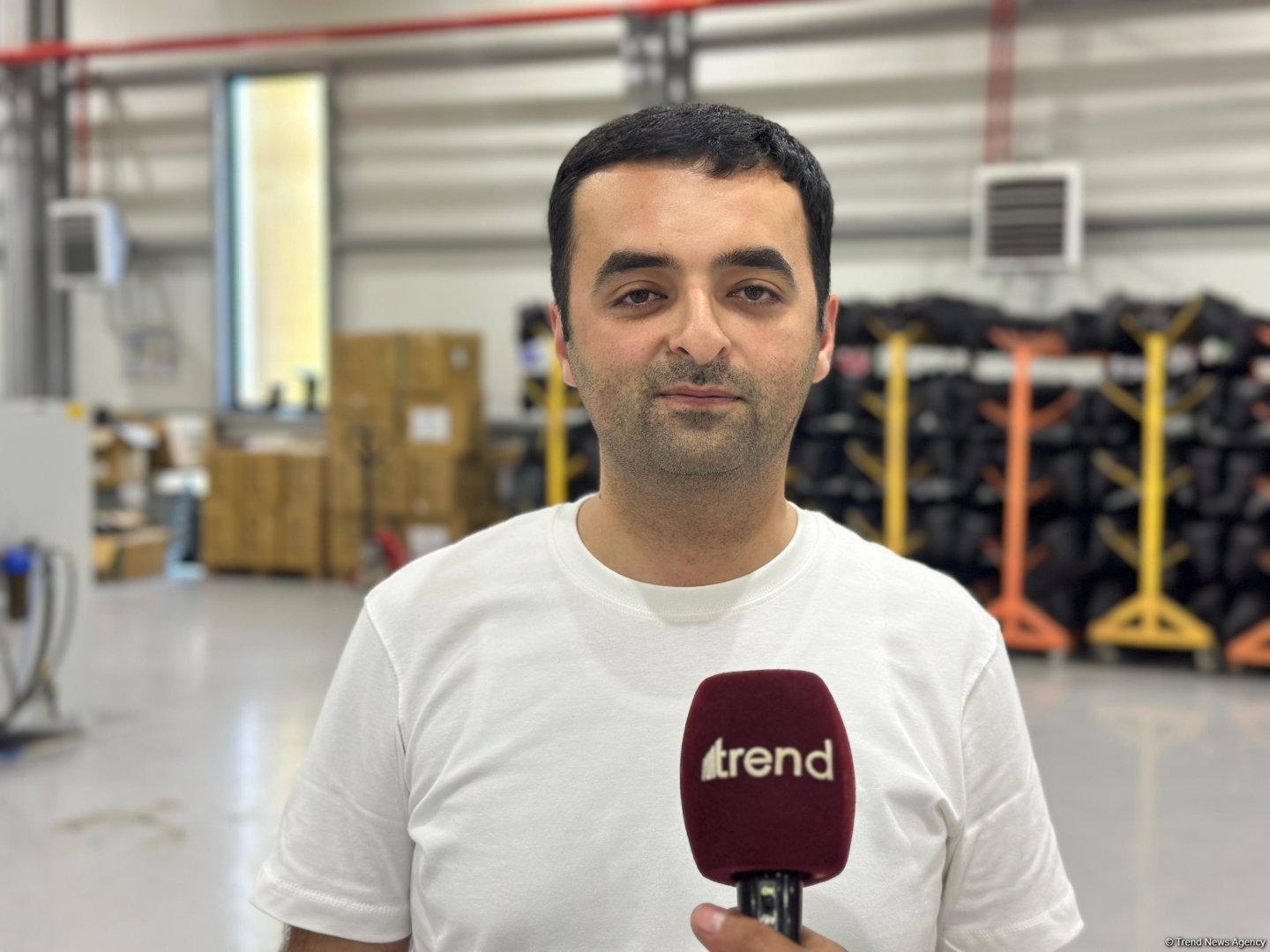
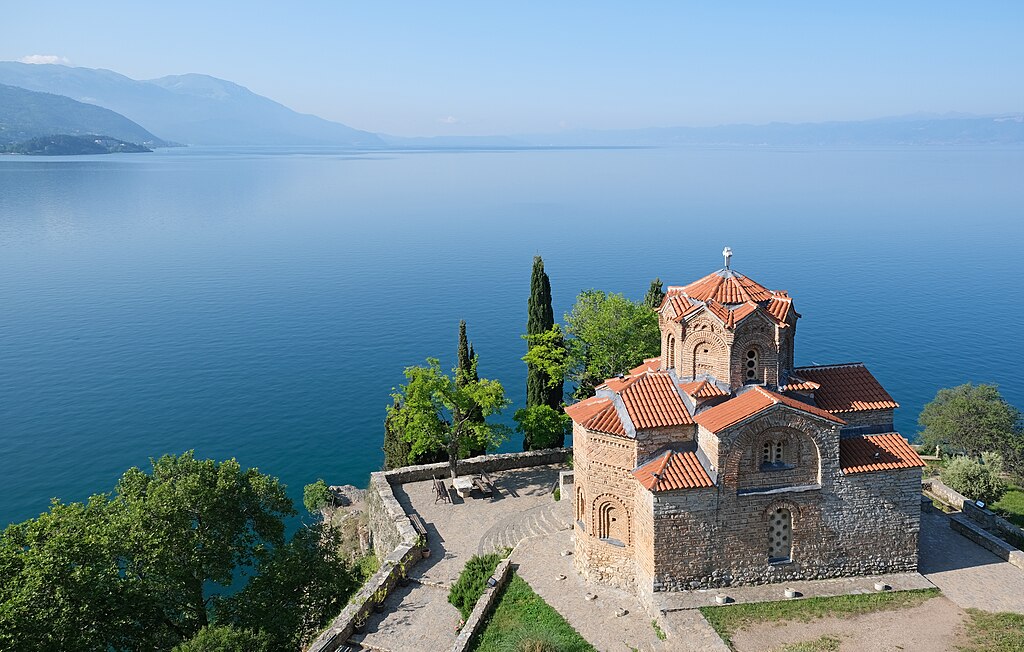

















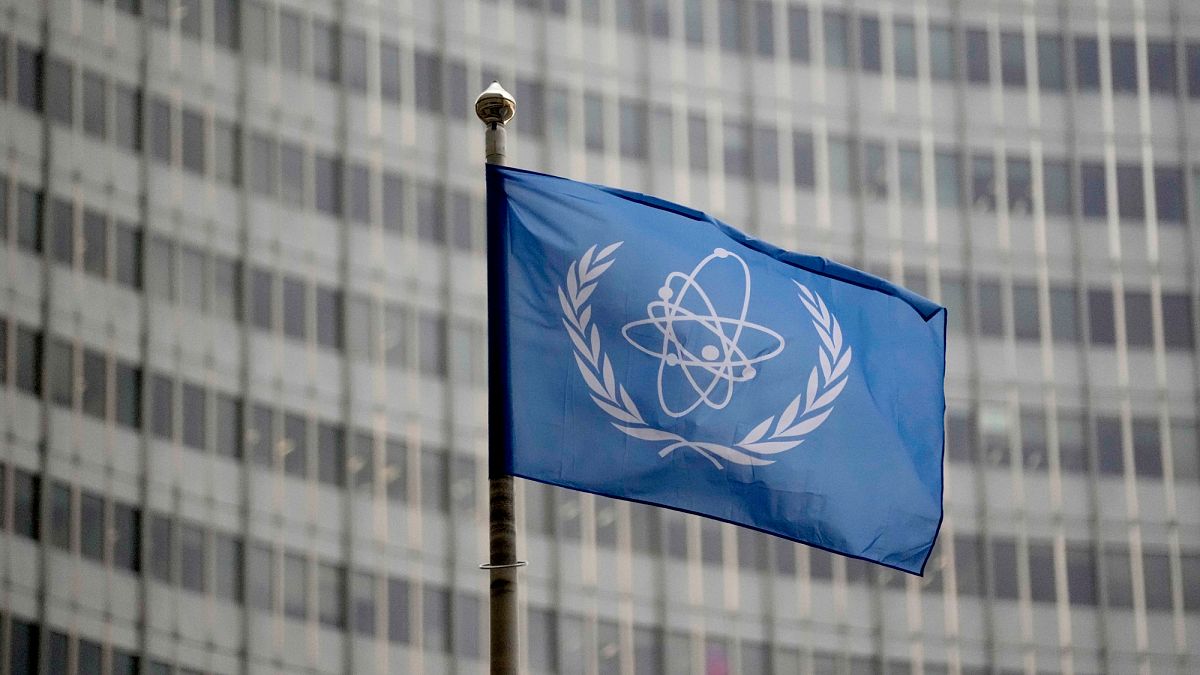





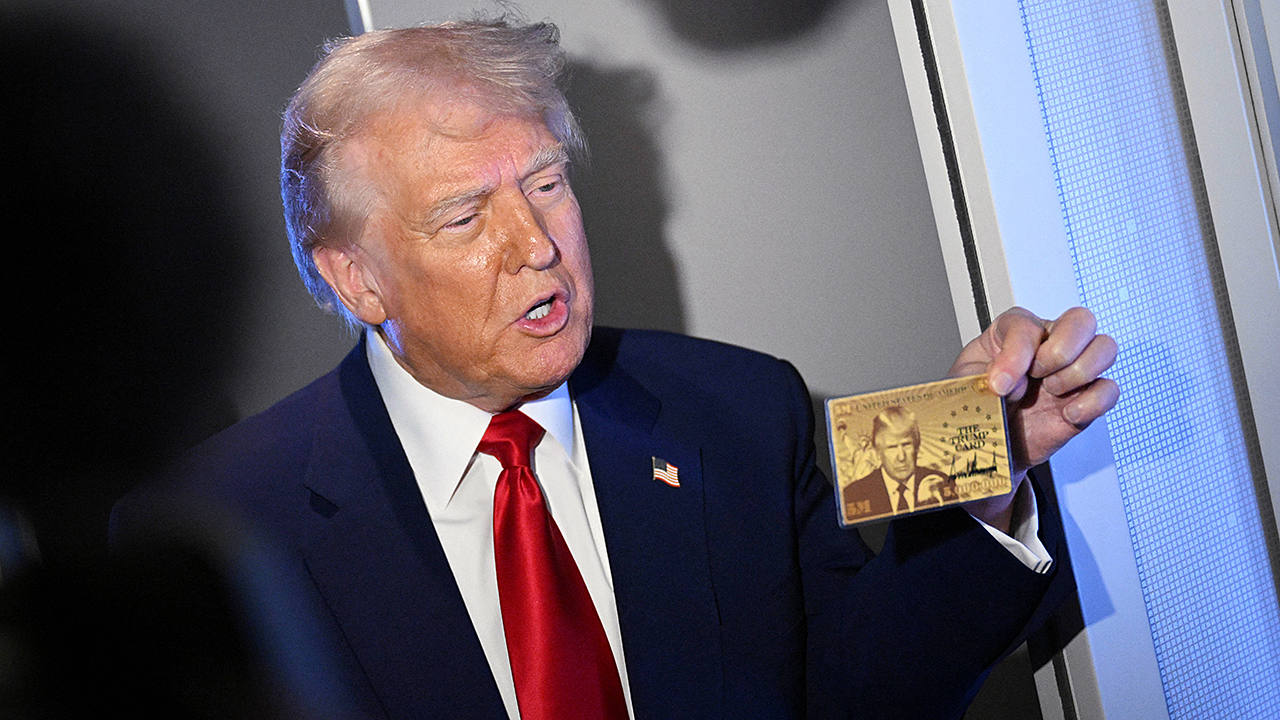


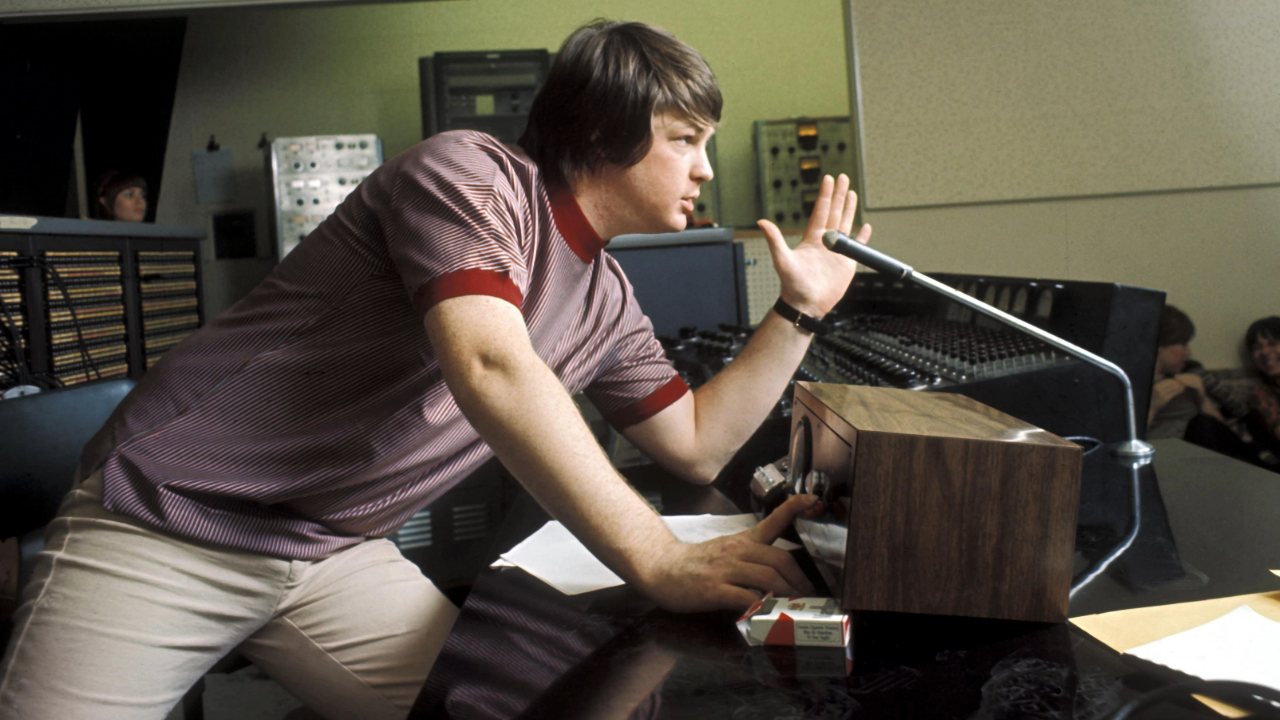



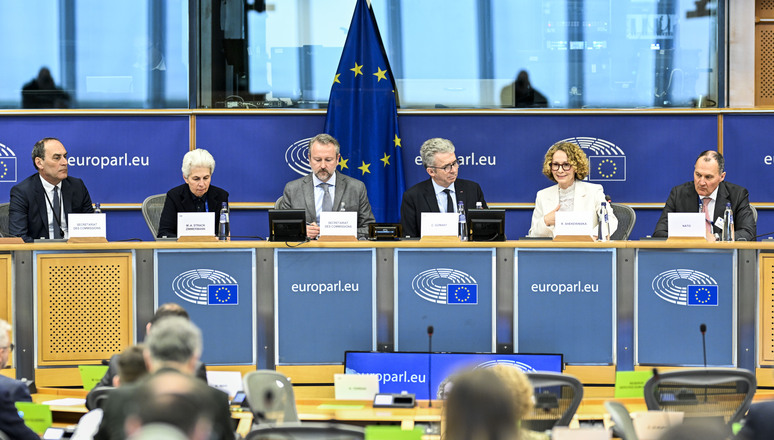
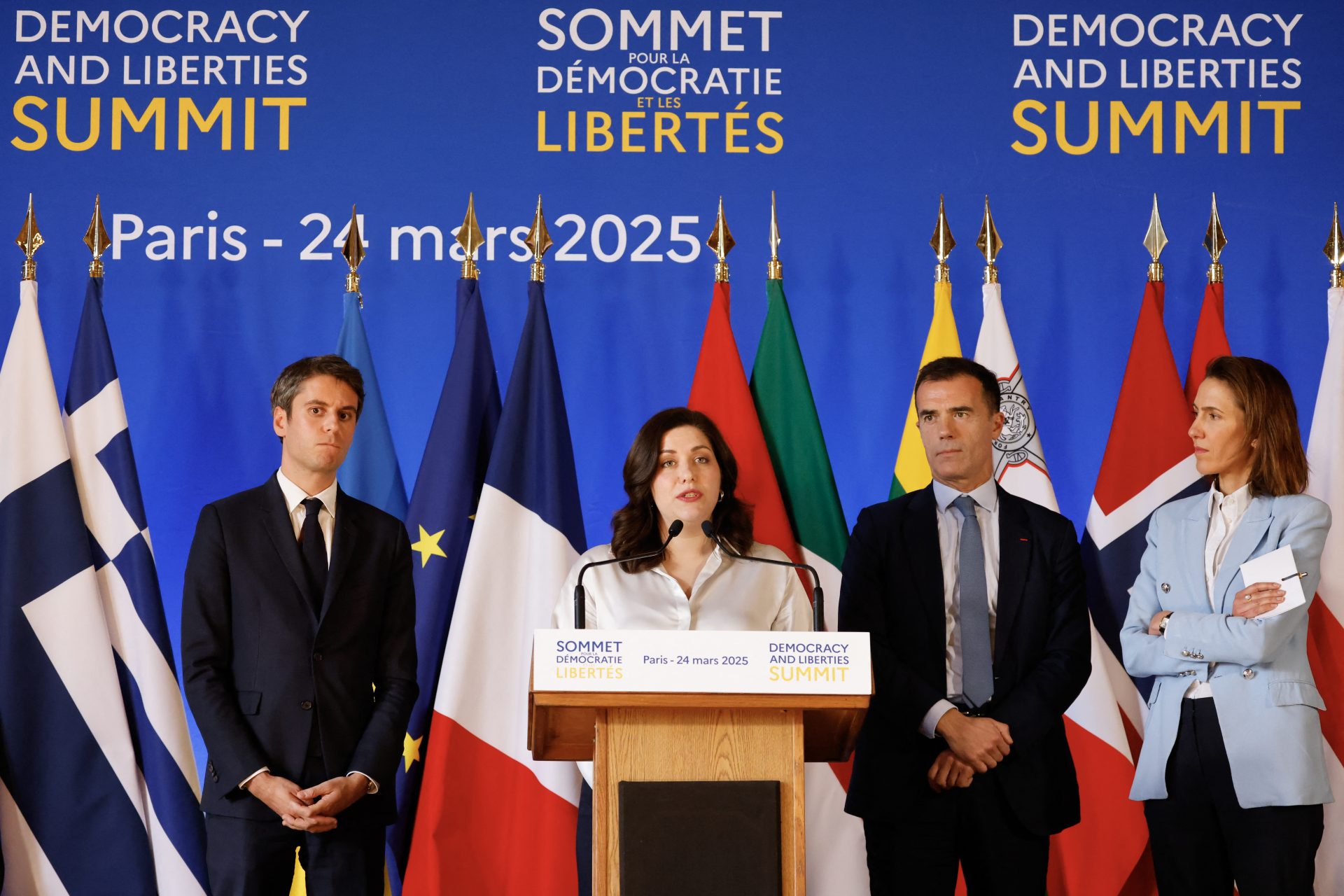

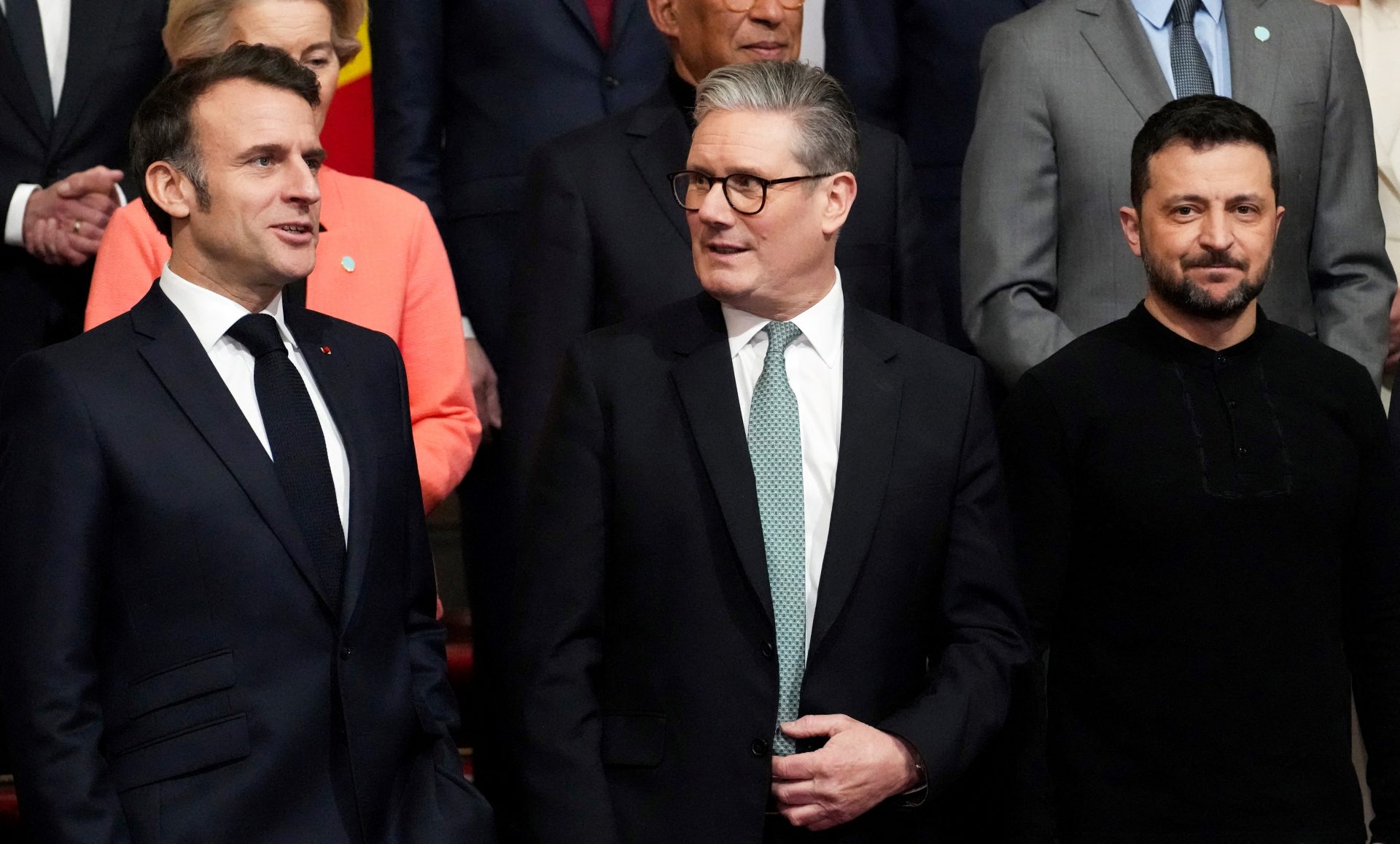
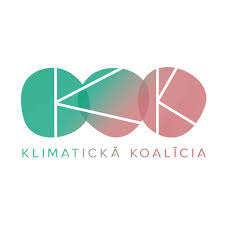



.png?Expires=1838763821&Key-Pair-Id=K2ZIVPTIP2VGHC&Signature=IO0~CT3pU-TcxGc~yoZSmoQx23MZVuK-~4jSii~NKEblRmyO3el7NXPu~Rh1o23voASg7hlcHLw4kvQuDK1jssEhcjoNBBvEpZ~GGOAU6yosBhpHpeF179F~h7i6VxmsBNh9gtTutkoqY73O2YCFey~IAqSzKbBqETP1kP9cAg1916Z1YkJJs-5MliMrkZ5d7-mWGLbpHp2wGj2VlMph8XzYlL4~y1O7fB~JdIS~Rs4RMRs2x0WT1qUIpHAsf3GdwtOyAmKFSpIg8xCyNGZZ5h~13nXlmpd7uPvW8tBfttpG9pFTqcway-uch5WyfHOEfi7UlJCOWrr6fCYY5PMgSg__)







